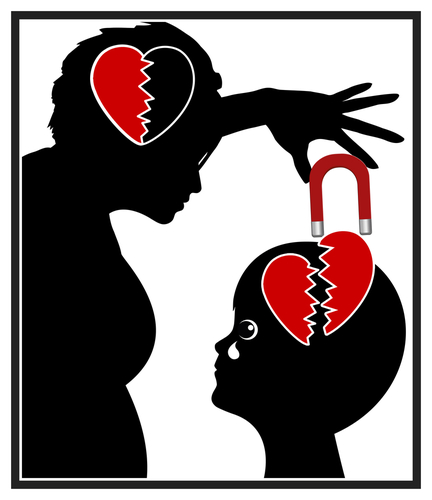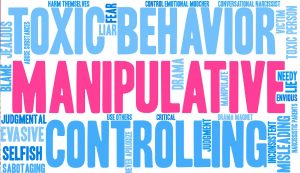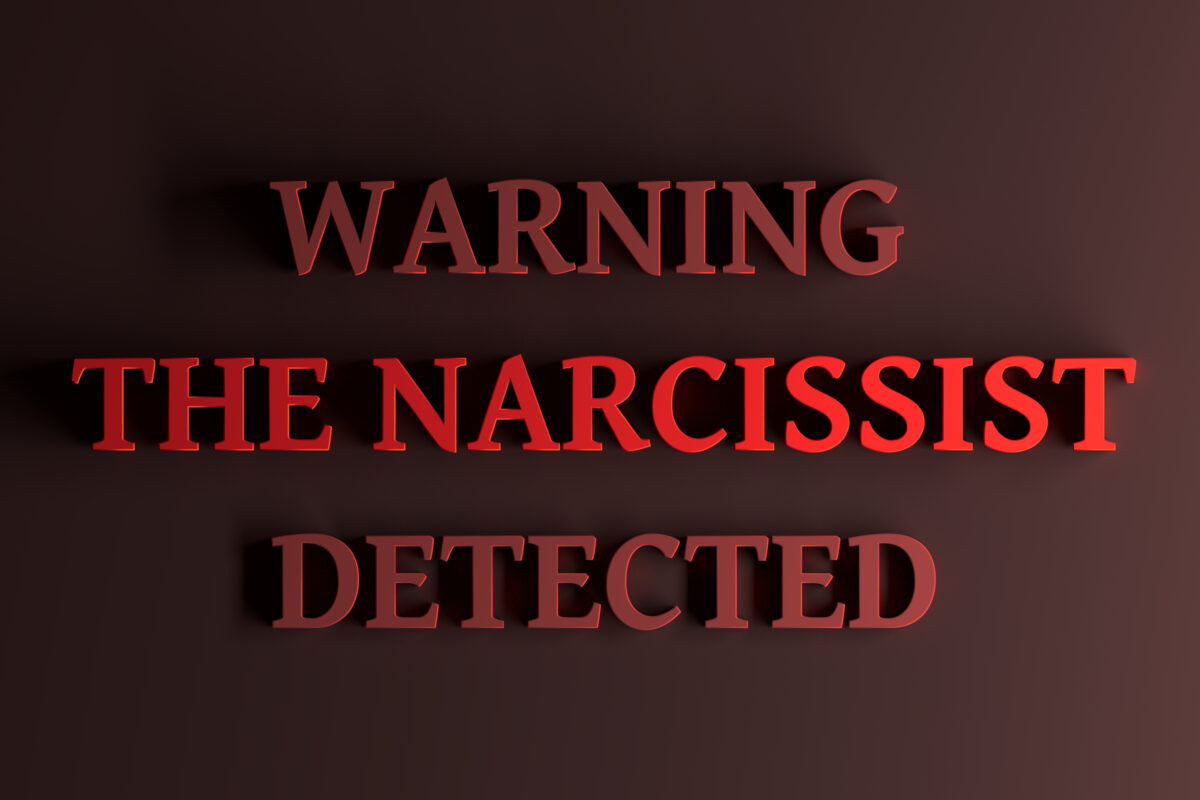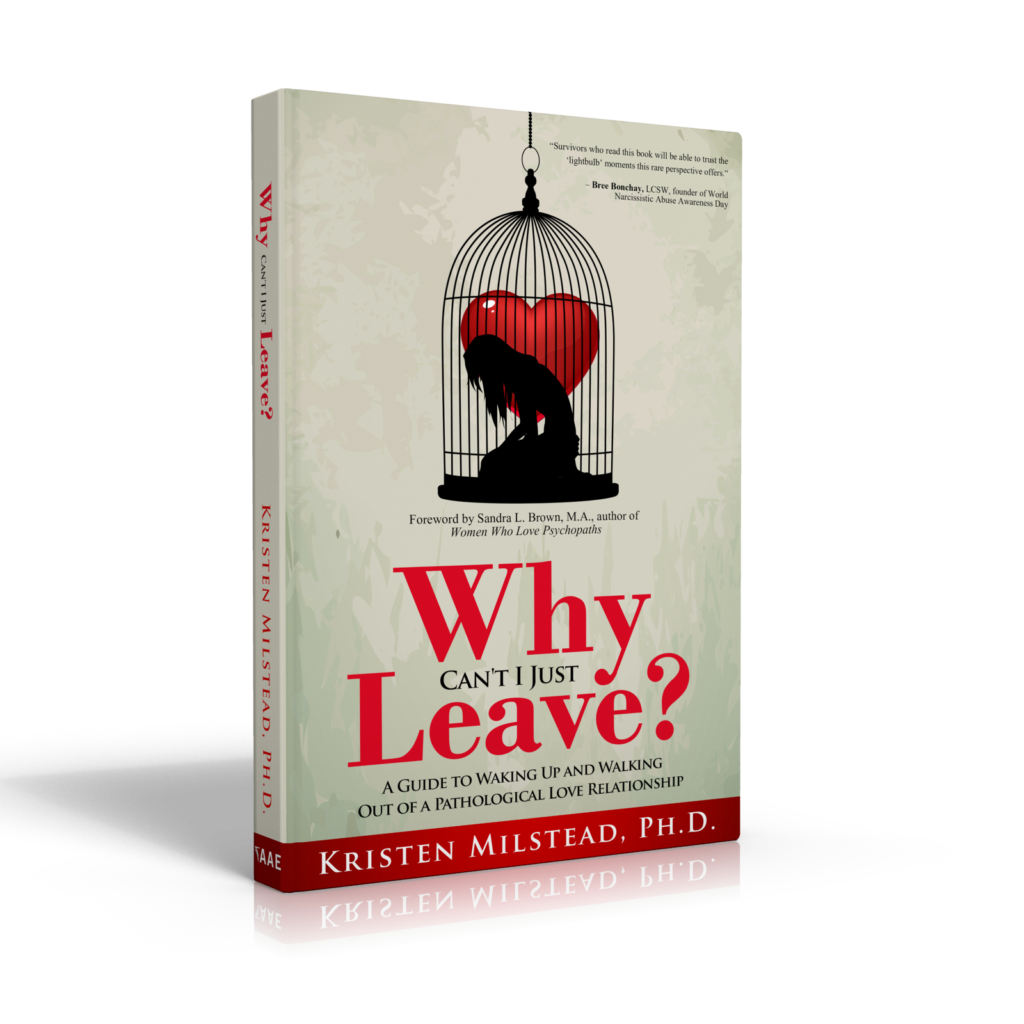A childhood spent being raised by narcissistic parents who are self-absorbed, manipulative, and have little to no empathy can lead to serious adult life struggles.
Narcissism is a broad term that describes not just a clinical diagnosis. It’s also a set of behaviors, attitudes, and language that involves a sense of entitlement, grandiosity, aggression toward others, and shallow emotions.
If this description already reminds you of one of your parents’ behavior, continue reading to check if your adult emotional issues result from parental narcissism.
What is Parental Narcissism? 
As J.N. Leggio, Ph.D., states in his doctoral thesis, parental narcissism is considered an “excessive self-absorption where the needs of the parent take precedence over the needs of the children.” Narcissistic parents are often referred to as emotionally unavailable for their kids.
Parental narcissism implies a whole network of gestures, actions, and verbal expressions. This behavior suppresses the child’s independence, individuality, and self-worth.
Children are not yet equipped with all the physical, emotional, and mental tools to face the world and need a lot of support from adults. They especially need this support from their parents.
To provide the support means exercising empathy and patience, which people with narcissistic tendencies are unwilling or able to provide.
For many narcissists who become parents, the child becomes a threat to their independence and self-esteem. The narcissist parent may belittle or ignore the child or transform the child into an extension of them.
Signs You Have Been a Victim of Parental Narcissism
1. You have a vague sense of self/identity.
Leggio stated that adult children of narcissistic parents do not get to form a whole, stable identity of their own.
You may have low self-esteem caused by living with the idea that you are not as important as your parent. You may also struggle with depression, as you find it hard to find personal meaning for your life.
A faulty sense of self can translate to feelings of severe confusion, a distorted body image, and difficulties relating to others.
2. You may be submissive or people-pleasing in relationships.
Leggio also writes about the tendency of adult children of narcissistic parents to gloss over their own needs to please others.
This tendency may result from being taught that you are not allowed to have your own problems or feelings. Instead, you may learn that you should only be concerned with the parent’s wellbeing.
You may have grown up into an adult who only values themselves based on the capacity to be what others require you to be.
3. You tend to personalize external events or behaviors.
In her book, Nina W. Brown, Children of the Self-Absorbed states that having a childhood dominated by a narcissistic parent can cause someone to develop a tendency to take things personally.
This relationship between narcissistic parenting and hypersensitivity may be especially true when it involves self-image.
When there’s no solid identity and self-esteem depends on the exterior, any remark or small gesture can become a threat to your value.
If you have been raised in a narcissistic household, receiving a critique could open a painful wound.
4. At times, you may exhibit some narcissistic behaviors in relationships.
The innate ability to imitate is the foundation of learning in early childhood. Based on this early imitation, an adult who had narcissistic parents can display narcissistic behaviors in their own life.
The need to compensate for neglect and feeling insignificant can lead you to dishonesty, gaslighting, manipulative behaviors, and difficulty with emotional closeness in relationships. [Read Narcissist Gaslighting Examples in Romantic Relationships]
If you can recognize this kind of behavior in yourself, you are one step closer to healing.
5. You may engage in risky and self-destructive behaviors.
Leggio identifies risky behaviors as a sign of narcissistic abuse from a parent. He states that substance abuse or self-harming could result from growing up with a subtle sense that you are not wanted. You may feel your existence is a burden.
With a fragile sense of self, you may not value your physical or emotional integrity properly. As a result, you engage in rather dangerous activities.
Healing from an abusive narcissistic relationship is hard work and requires many resources, but it is possible.
If you recognized the consistent presence of one or more of these signs in your life, you are on the road to recovery.
Specialized assistance could help you develop a sense of identity, purpose, and self-worth.
Sources
Brown, Nina, W. (2008). Children of the self-absorbed: a grown-up’s guide to getting over narcissistic parents. 2nd edition. New Harbinger Publications Inc.
Leggio, J., N. (2018). Mental health outcomes for adult children of narcissistic parents. Adler School of Professional Psychology, ProQuest Dissertations Publishing.
Join the community and get more articles like this one delivered straight to your inbox.
If you like this article, you’ll also enjoy these:






